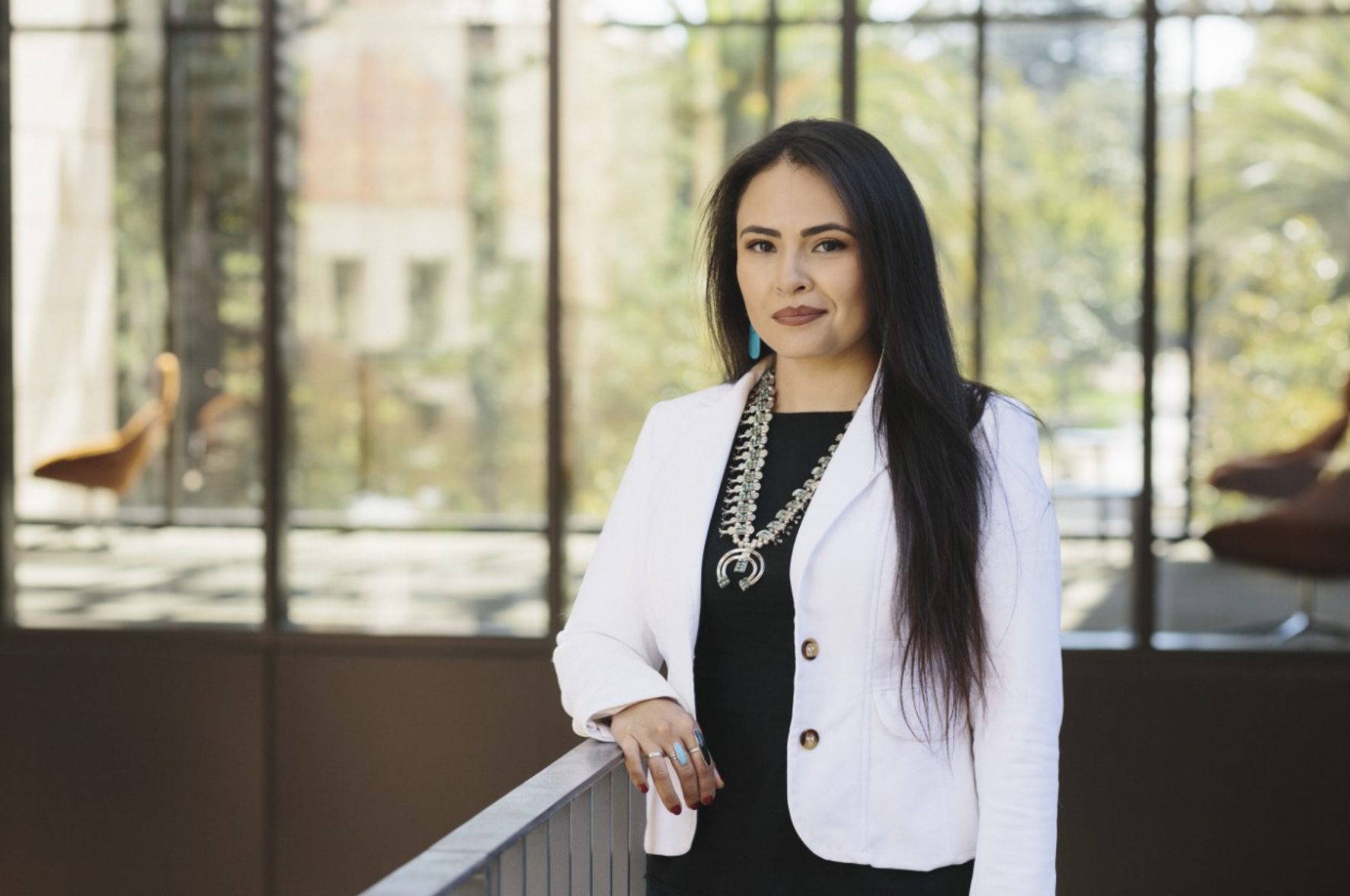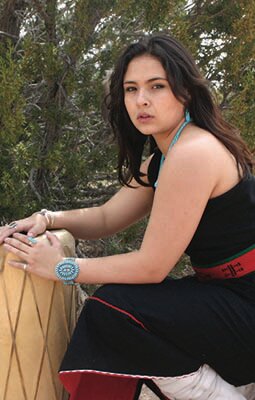Born and raised in Nambé Pueblo, a Tewa-speaking tribe within New Mexico, Elizabeth’s Native American roots have defined her professional work and largely influenced the work she does as an activist and lawyer. Before she began her professional career though, Elizabeth was simply another student at Uni High.
Following her education from Uni High, Elizabeth set her sights on a political science degree, something she was fortunate to complete at Yale University. While at Yale, Elizabeth kept herself busy with several jobs, including being an Assistant Manuscript Archivist at the Beinecke Rare Books Library and a Guest Lecturer at the University of Illinois, among other things. After her B.A. in Political Science, she pursued a Master's of Philosophy in Political Thought and Intellectual History from Cambridge University, and further polished her credentials with a Doctor of Law from Harvard Law School.
At the conclusion of her education, she joined the National Congress of American Indians as a Project Staff Attorney. There, she supported a plethora of tribal governments in the United States as they implemented expanded criminal jurisdiction over non-Indians under the 2013 Violence Against Women Act. Following her work with the National Congress of American Indians, she joined the University of Chicago as a Bigelow Fellow & Lecturer in Law.
More recently, however, she joined Stanford Law School as an Assistant Professor of Law, where she works with a special focus on American Indian tribal law and constitutional law. Notably, Elizabeth was also the first Native American to become a member of the Stanford Law faculty.

